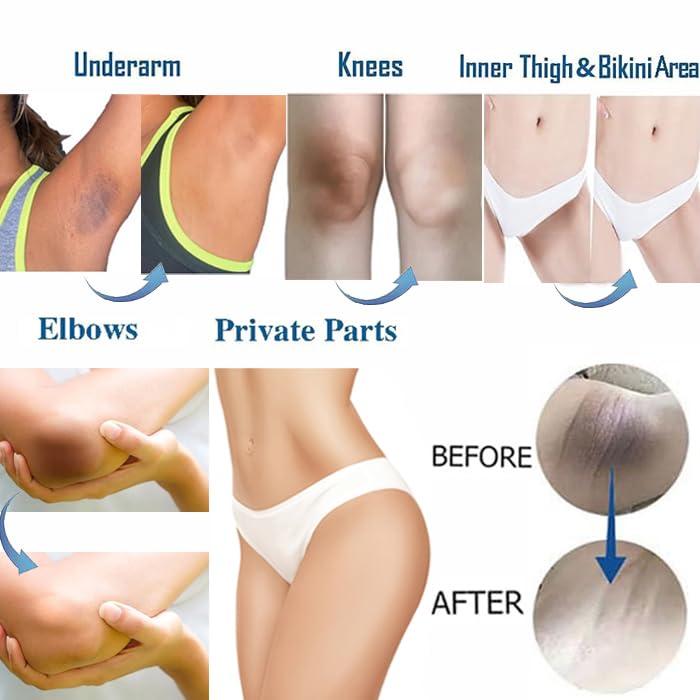

Introduction: Finding time to focus on weight loss can be challenging for busy professionals. Here are ten practical tips to help you stay on track, even with a hectic schedule, ensuring you achieve your weight loss goals without compromising your career.
Section 1: Meal Prep for the Week Dedicate time on weekends to prepare healthy meals. This ensures you have nutritious options available during your busy weekdays. Use containers to portion out meals and snacks, making it easy to grab a healthy option on the go. This practice saves time, reduces stress, and helps you avoid the temptation of fast food.
Section 2: Incorporate Physical Activity into Your Day Take short breaks to stretch or walk. Use stairs instead of elevators and consider a standing desk to increase daily activity levels. Try integrating exercise into your daily routine, such as walking during lunch breaks or doing a quick workout before or after work. These small changes add up and help you stay active throughout the day.
Section 3: Healthy Snacking Keep healthy snacks like nuts, fruits, and yogurt at your desk. This helps avoid the temptation of junk food. Plan your snacks to include a balance of protein, fiber, and healthy fats, which will keep you fuller longer and provide sustained energy.
Section 4: Stay Hydrated Drinking water can help control hunger and keep you energized. Aim for at least 8 glasses a day. Carry a reusable water bottle with you to ensure you have access to water throughout the day. Sometimes, thirst is mistaken for hunger, so staying hydrated can help you avoid unnecessary snacking.
Section 5: Mindful Eating Pay attention to what you eat and avoid multitasking during meals. This helps you enjoy your food and recognize when you are full. Eat slowly, savor each bite, and listen to your body’s hunger and fullness cues. Mindful eating can prevent overeating and improve your relationship with food.
Section 6: Limit Dining Out Eating out often can lead to unhealthy choices. Try to cook at home more frequently and choose healthier options when dining out. When you do eat out, look for menu items that are grilled, baked, or steamed rather than fried. Request dressings and sauces on the side to control portion sizes and reduce calorie intake.
Section 7: Manage Stress High stress levels can lead to weight gain. Practice stress-relief techniques such as meditation, deep breathing, or hobbies you enjoy. Stress management is crucial for maintaining a healthy lifestyle. Consider activities like yoga, journaling, or spending time in nature to reduce stress.
Section 8: Get Enough Sleep Adequate sleep is crucial for weight loss. Aim for 7-9 hours of sleep each night to support your metabolism and overall health. Poor sleep can disrupt hormones that regulate hunger, leading to increased appetite and potential weight gain. Establish a regular sleep schedule and create a relaxing bedtime routine.
Section 9: Set Realistic Goals Set achievable weight loss goals and track your progress. Celebrate small victories to stay motivated. Break your overall goal into smaller, manageable steps, and focus on one change at a time. This approach makes the process less overwhelming and more sustainable.
Section 10: Seek Support Join a weight loss group or find a workout buddy. Support from others can provide motivation and accountability. Surround yourself with people who encourage your healthy habits and share your goals. Online communities and social media groups can also offer valuable support and inspiration.